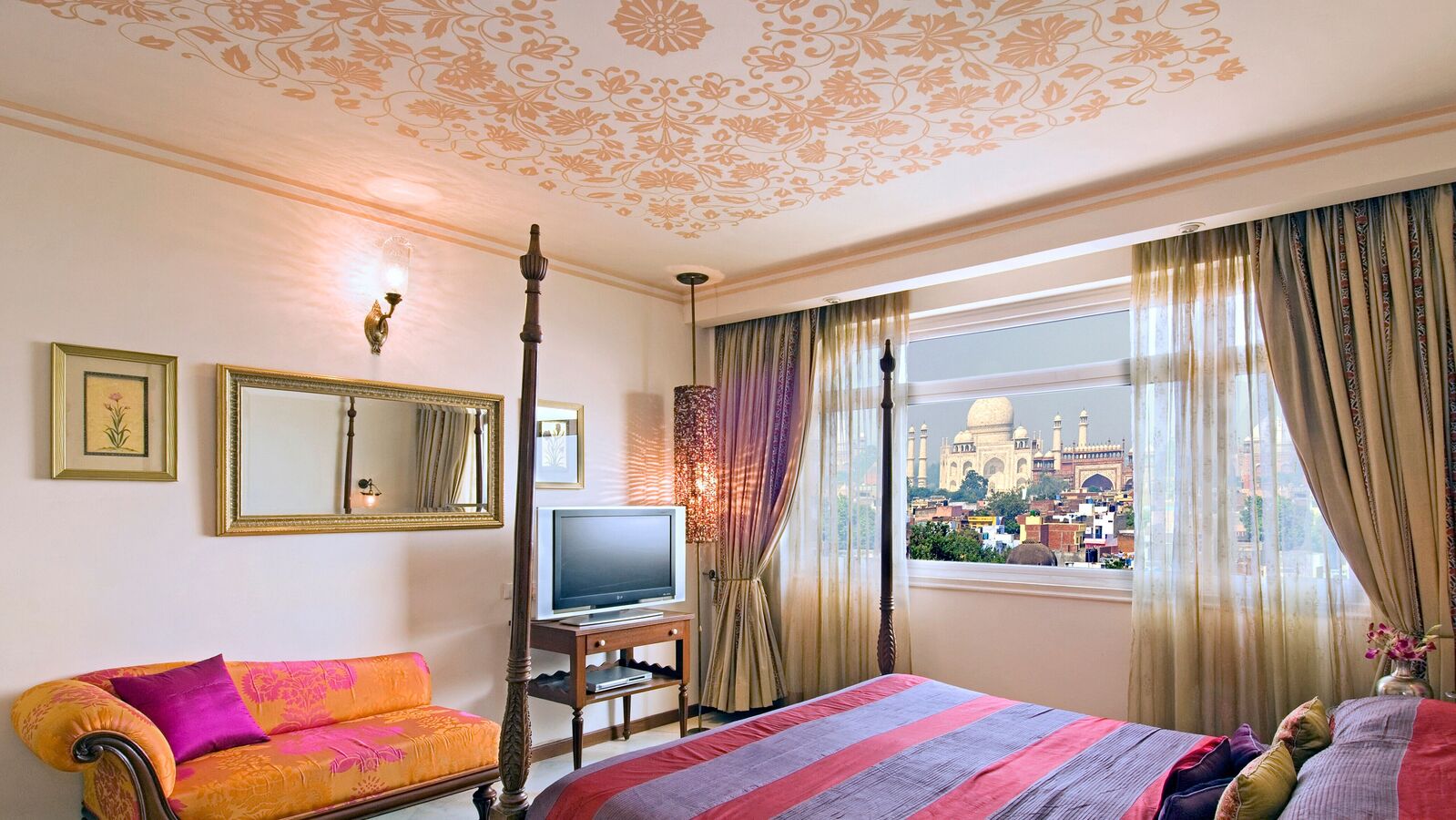New Delhi: India’s hospitality industry reported mixed results in the June quarter as general elections, extreme weather and increased outbound travel weighed on the sector’s performance.
Major companies like The Oberoi Group reported a 9% year-on-year drop in profits for the first quarter of fiscal 2025. Lemon Tree also posted a 27% lower net profit. Chalet Hotels, which owns hotels like JW Marriott Mumbai Sahar and The Westin Mumbai Powai Lake, saw a notable 31% erosion in its net profit. IHCL, however, showed a modest 10% growth.
Traditional first quarter challenges include high temperatures and reduced domestic travel, but the absence of major events such as the G20 Summit and the ICC Men’s World Cup, which gave the industry a boost last year, has compounded the industry’s woes.
Post-pandemic, many companies saw strong double-digit growth, but there was a moderation in growth in Q4 FY24 and the following quarter saw a slowdown. While EIH’s Oberoi saw a 5% decline in revenue from operations, Lemon Tree saw 19% growth.
“We had elections this year. Compared to previous elections, the impact of these elections has been higher than in previous years,” Vikramjit Singh Oberoi, managing director and CEO of EIH Ltd, which runs Oberoi Hotels, said at the company’s investor conference last week. “This (slow growth) was just a temporary circumstance and we should see demand picking up in the third and fourth quarter of the year.” He said the company’s performance was affected due to high summer temperatures in places like Rajasthan and lower demand.
Indian Hotels, while maintaining better revenue and net profit growth than its peers, also showed marginally lower occupancy at 74.8% as against 76% in the same quarter last year.
The company, on a call and in its report, told investors that its overall business was impacted by the election and the code of conduct, as well as by the reduction in wedding-friendly dates and a 25% decline in wedding revenue companywide. In fact, on a standalone basis, the company saw nearly flat 4% growth in operating income and a 10% increase in after-tax profit.
Patanjali G. Keswani, chairman and managing director of Lemon Tree Hotels, which also had a weak quarter, said the correct metric to compare earnings would be quarter-on-quarter rather than year-on-year due to high seasonality. Lemon Tree’s lower Ebitda performance – by at least half – was due to the one-time surge in renovations and the company’s digital transformation. Hotel occupancy stood at 66.6% in the first quarter and average room rates were ₹5,686, 9% more than last year. The company has more than 10,000 rooms in its 107 hotels.
“When I talk about a rebound and a structural shift, I think of China and Indonesia in the 2016-2017 period when their GDP per household was roughly the same as India’s today,” Keswani told investors at his earnings call last week. “What happened to them over the next six years was a massive increase in SUV sales, an increase in four-lane highways, an increase in runways and airports, a massive increase in airline seats and this led to a 22-25% compound annual growth rate (CAGR) growth in the hotel room demand market over the next six years.”
“So we feel we would rather deal with the problem now in terms of our upgrades and renovations and take some short-term pain for what we anticipate will be long-term gain and be prepared for the future today,” he added.
Typically this is the weakest quarter for hotel companies, but the election made it worse, said Manav Thadani, founding president of hospitality consultancy Hotelivate. Mint“Moreover, if we compare this with last year, when the G20 summit was held, hotels showed high occupancy even during the period of lowest demand.”
Thadani is also a non-executive director of SAMHI Hotels, which owns over 30 hotels under brands including Hyatt, Marriott and IHG. The company made a net profit of ₹4 crore in the quarter.
For many major hotel companies, prices are well over 25% higher than their pre-Covid-19 rates and this can be a form of pushback from travelers.
Rattan Keswani, a hospitality industry veteran with leadership experience at Lemon Tree Hotels and The Oberoi Group, said domestic travel typically declines during this time period, but this year it is being influenced by several factors, including extreme weather and subsequent rainy conditions.
Increased overseas travel from India, with plenty of affordable hotel options in short-haul destinations, has also played a role. “Indian hotels are maintaining high room rates, which may have impacted the market. Hotels will have a tough time till autumn,” Keswani said.
While hotels may be able to reach pre-Covid occupancy levels, maintaining their current rates could prove difficult if the recession persists beyond the fall, he added.
“We need to keep in mind that certain markets like Mumbai etc. fared better than others. Resorts suffered a lot during this period due to weather uncertainties. I think a lot more needs to be done to protect the share of domestic leisure business,” Keswani said.
Disclaimer:
The information contained in this post is for general information purposes only. We make no representations or warranties of any kind, express or implied, about the completeness, accuracy, reliability, suitability or availability with respect to the website or the information, products, services, or related graphics contained on the post for any purpose.
We respect the intellectual property rights of content creators. If you are the owner of any material featured on our website and have concerns about its use, please contact us. We are committed to addressing any copyright issues promptly and will remove any material within 2 days of receiving a request from the rightful owner.

